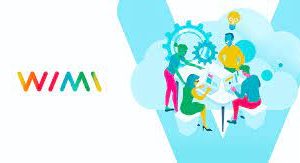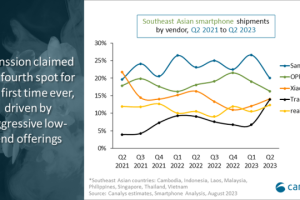One of the most fascinating roles a woman plays in her lifetime is that of a mother. A lot changes for a woman when she becomes a mom – not just physically, but mentally and emotionally as well. Most of all, she becomes the single most important source of nourishment for her child. It is unfortunate, therefore, when we see a natural process like breastfeeding being taboo and the lack of awareness around the subject. This breastfeeding week, let us aim to educate ourselves about the practice and its benefits.
Did you know that breastfeeding is actually good for the economy? According to a report by Lancet, breastfeeding provides short-term and long-term health, economic and environment advantages to children, women, and society. The report also found that breastfeeding could save 820,000 lives annually, i.e. prevent 13% of all deaths of children under five. Also, breastfeeding could reduce one third of respiratory infections and about half of all diarrhea episodes in low- and middle-income countries. The report says children who are breastfed longer have been found to have higher intelligence than those who are breastfed for shorter periods. This crucial difference could be 3 points across all income levels, in rich or poor, on average. Studies have shown this translates to improved academic performance, increased long term earnings and productivity as well.
What’s Keeping Moms from Breastfeeding:
If breastfeeding is so great, why don’t all moms opt for it? Globally, nearly two out of three infants are not exclusively breastfed for the recommended six months – a rate that has remained steady for the past two decades. From barely regulated marketing to a lack of healthcare services, there are many factors that make it difficult for mothers to breastfeed their babies.
- Availability of infant formula: There has always been an ongoing debate about whether formula milk can substitute breast milk, and formula makers are cashing in on it. As developed countries realize the benefits of breastfeeding, baby formula manufacturers have shifted their focus to low- and middle-income countries. In 2008, China overtook the U.S. as the world’s largest formula market. Marketing by the infant feeding industry and the availability of formula, including through the distribution of free samples, result in increased bottle feeding. They often present it as a lifestyle choice rather than a decision with health and economic consequences, and young mothers often choose it because of the convenience factor it brings.
- Social stigma:Many women know breastfeeding would be beneficial but face barriers, including repressive social attitudes, weak policies on mother’s rights and lack of healthcare services. Young mothers feel uncomfortable and often face harsh comments if feeding their baby in public. They find themselves housebound due to this reason and often give up breastfeeding altogether.
- Work pressures: With more and more women becoming career focused, getting back to work is always at the back of their mind, post delivery. Most organizations have an unfavorable work environment, and a hostile approach to breastfeeding at work, which is why many young mothers take to formula as soon as 3 months post delivery.
AWARENESS AND SUPPORT FOR BREASTFEEDING MOM’S
WHO Recommendations:
- The World Health Organization urges us to create a new norm where women are supported in their decisions to breastfeed – at home, work and in the community.
- Itrecommends exclusive breastfeeding for the first six months of a baby’s life to achieve the benefits, and say it can continue until a baby turnsupto 2 years old along with other weaning foods.
Awareness and encouragement
- Doctors need to educate young mothers and their families about the importance of breastfeeding, and normalize the process for them.
- WHO wants governments to promote lactation-friendly employment conditions and make it easier for women to get access to health services that support them in breastfeeding in order to bring the breastfeeding rate up to its recommended level.
Mom’s Nourishment
A new mother’s diet plays a crucial role in her baby development, but many women neglect their own health. Also they can pose themselves at risk of multiple nutrient deficiencies for the following reasons:
Simple Negligence:
A diet that is too low in calories or relies on one food group at the exclusion of others, could affect the quality and quantity of your milk. Thereby causing fatigue and tiredness.
Battle to get pre baby bodies back:
Many new moms also ignore hunger pangs in order to get back to their pre-pregnancy weight, but most women who are breastfeeding need about 300 calories more than moms who aren’t.A reduced-calorie diet in the first couple of months could sap your energy and diminish your milk supply. And what many don’t know is breastfeeding helps in shrinking the uterus to it’s pre pregnancy size.
Health Comes Handy Now
Thanks to technology, digital apps now provide access to trained nutritionists and dieticians available to design diet plans suited for new moms. From providing reminders on what snacks to eat that are healthy, but low on calories, to linking all the recorded data automatically. Synchronizing across devices – including those of other careers that a mother authorizes. They present a great opportunity for new parents to receive the advice they need.
Live, Love, Latch
It is important to remember that a woman doesn’t just take care of her baby – she has a life to live, and more goals to pursue. If she gets help and support, she can most easily combine breastfeeding with her other priorities, and truly celebrate the spirit of motherhood.




























